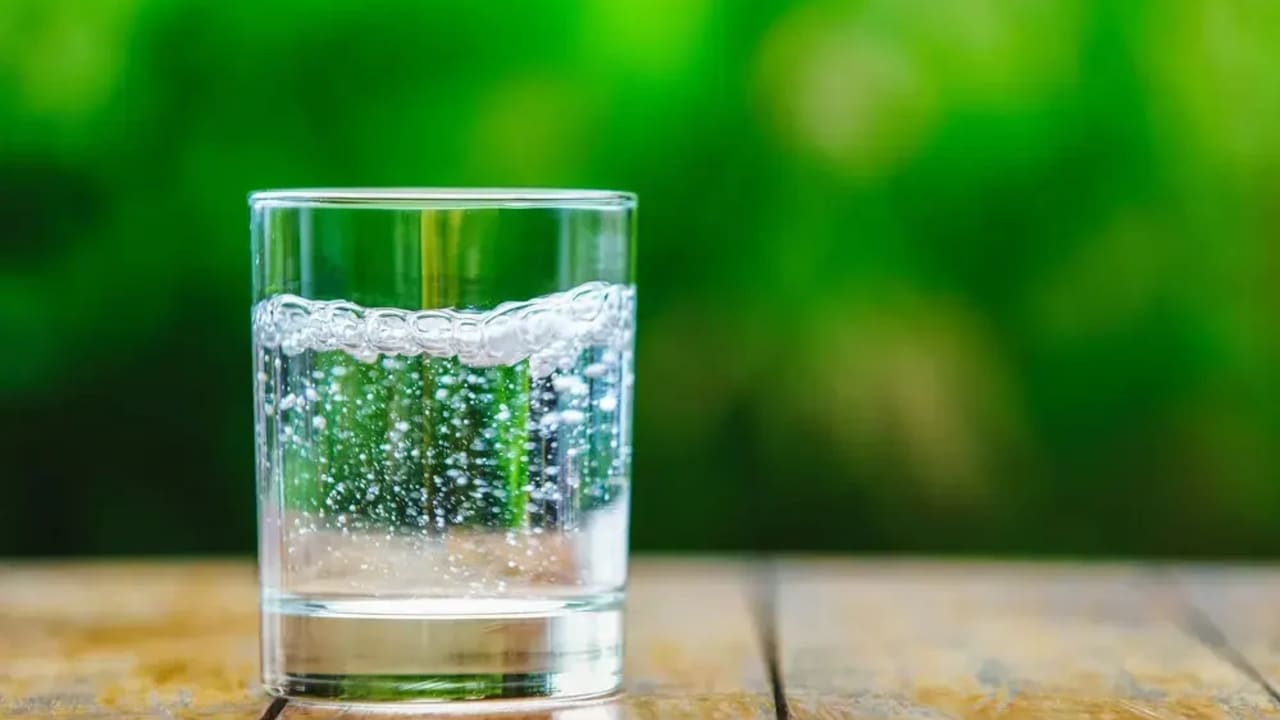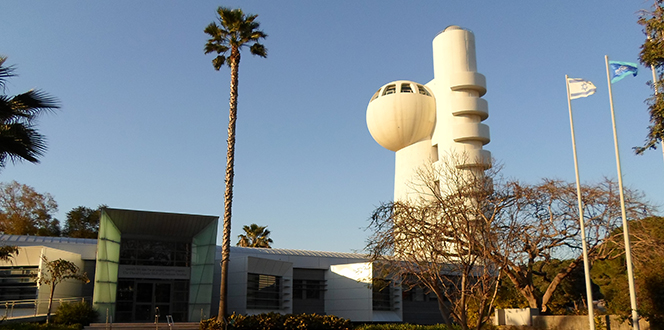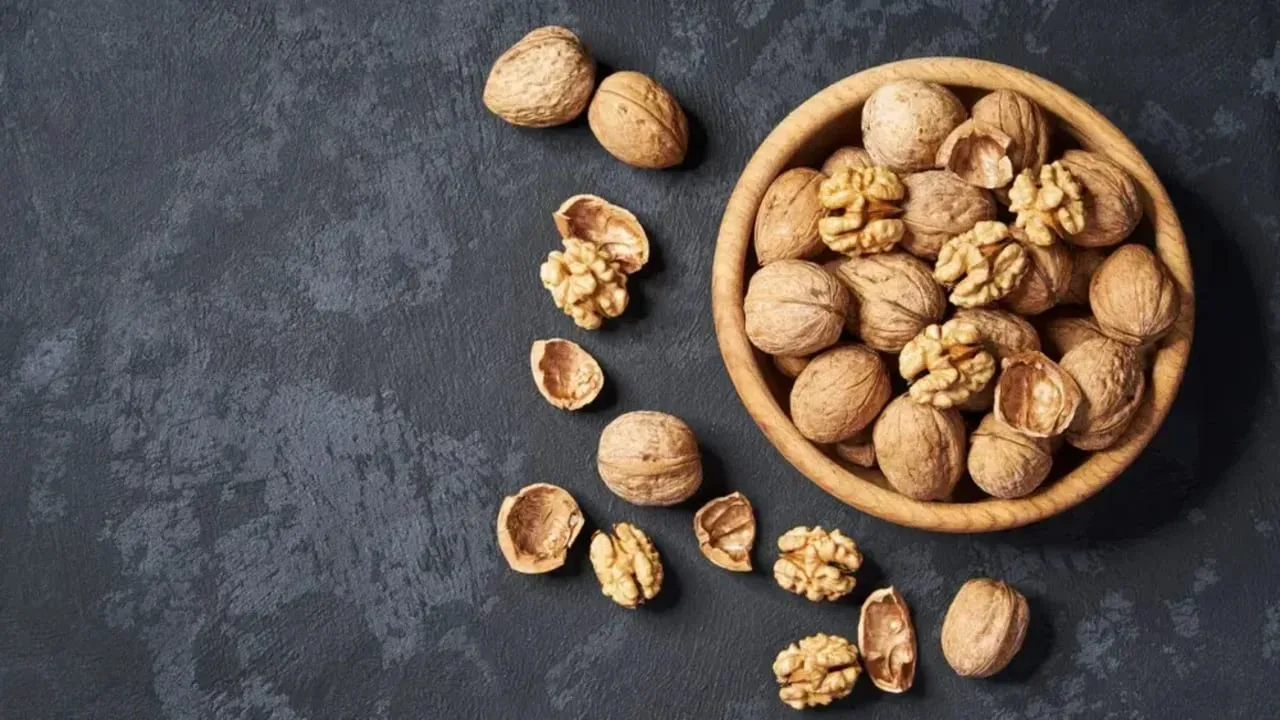Jerusalem Post
ByDR. MAYA ROSMAN
No, it’s not water – but it’s similar. So how does soda affect weight, and why is it much healthier than you think?
Soda is one of the most popular drinks in Israel: It’s cool, bubbly, refreshing, and in recent years, many people have replaced sugary drinks with regular soda. But is it really healthy? Does it have hidden downsides, such as effects on the teeth or the digestive system?
It’s worth knowing: Soda has more advantages than disadvantages – as long as you know how to drink it correctly.
Regular soda contains only two ingredients: Water and carbon dioxide (CO₂). It has no sugar, food coloring, or artificial sweeteners. Unlike other carbonated beverages that sometimes contain a long list of chemicals. Therefore, if you’re already choosing a fizzy drink, soda is the healthiest choice.
What are the benefits of soda?
Soda contributes to satiety and helps with dieting
Studies show that drinking a glass of carbonated water before a meal may increase the feeling of fullness compared to plain water.
The bubbles cause a sense of fullness in the stomach, which helps to eat less. For example, a study published in the Journal of Nutritional Science found that drinking carbonated water before a meal reduced calorie intake in that meal by about 10% compared to drinking regular water.
The carbon dioxide dissolved in water creates a very weak acid, which makes soda slightly more acidic than regular water, but much less acidic than fruit juices, wine, or coffee.
The body knows how to neutralize this acidity very easily. In fact, our stomach acids are thousands of times stronger than any carbonated drink, so there is no danger that soda will “change the body’s acidity.” This is just an old myth.
Some people feel relief from nausea or heaviness after drinking a carbonated beverage, thanks to the light release of gas from the stomach (“burping”), which reduces bloating.
Soda contributes to hydration just like water
Some people worry that soda doesn’t “count” as part of daily fluid intake – and that’s a mistake. According to studies, absorption and hydration effects in the body are almost identical to regular water.
If soda makes you drink more – it contributes just like water.
Does soda harm the teeth?
This is perhaps the most common question. The acidity of soda can damage tooth enamel only under certain conditions – mainly if you drink large quantities throughout the day, or if it’s flavored soda (which also contains citric acids).
A study published in the Journal of Oral Rehabilitation found that enamel erosion caused by regular soda was minimal, especially compared to sweetened drinks, coffee, or citrus juices. In other words: Regular soda hardly harms the teeth, as long as you maintain good oral hygiene and don’t sip it “all day long.”
A small tip: It’s recommended to rinse your mouth with water after soda and avoid brushing your teeth immediately afterward – to prevent scrubbing softened enamel.
Which type is best?
In Europe, there is natural soda that comes from springs rich in natural gases. The carbonation in it is milder. In store-bought bottles and SodaStream devices, the gas is stronger, but there is no difference health-wise. Only those sensitive to large amounts of gas may feel bloated.
Carbonated beverages in glass bottles retain carbonation better and have a fresher taste because the gas doesn’t “escape” through the walls.
In addition, glass does not react with the acid in the drink, unlike plastic or aluminum cans, which can slightly change the taste and even release microscopic residue of materials.
In conclusion:
Soda is an excellent drink for anyone who wants variety from water without sugar or calories. It can help with satiety, does not harm the stomach, and does not cause significant damage to teeth – as long as it’s consumed in moderation.
If you’re choosing between cola, diet sprite, or soda – there’s no competition at all: Soda is the best choice.
For Dr. Maya Rosman’s course: How to improve your health and lose weight in a sane and reasonable way – click here.

















